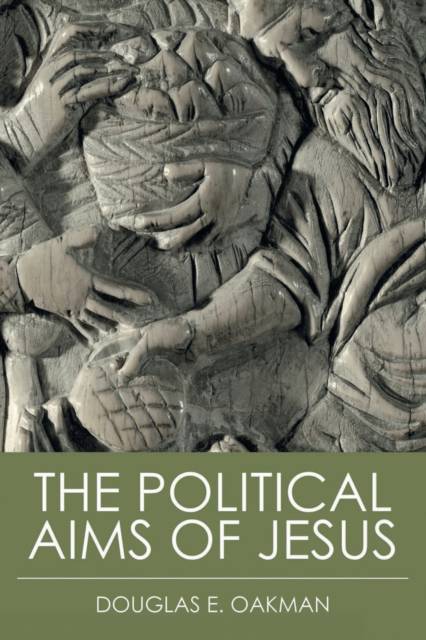
- Retrait gratuit dans votre magasin Club
- 7.000.000 titres dans notre catalogue
- Payer en toute sécurité
- Toujours un magasin près de chez vous
- Retrait gratuit dans votre magasin Club
- 7.000.000 titres dans notre catalogue
- Payer en toute sécurité
- Toujours un magasin près de chez vous
Description
Amid competing portrayals of the "cynic Jesus," the "peasant Jesus," and the "apocalyptic Jesus," the "political Jesus" remains a marginal figure. Douglas E. Oakman argues that advances in our social-scientific understanding of the political economy of Roman Galilee, as well as advances in the so-called "Third Quest" for the historical Jesus, warrant a revivaland a critical revisionof H. S. Reimarus's understanding of Jesus as an instigator of revolutionary change.
Spécifications
Parties prenantes
- Auteur(s) :
- Editeur:
Contenu
- Nombre de pages :
- 200
- Langue:
- Anglais
Caractéristiques
- EAN:
- 9780800638474
- Date de parution :
- 01-08-12
- Format:
- Livre broché
- Format numérique:
- Trade paperback (VS)
- Dimensions :
- 152 mm x 229 mm
- Poids :
- 317 g







